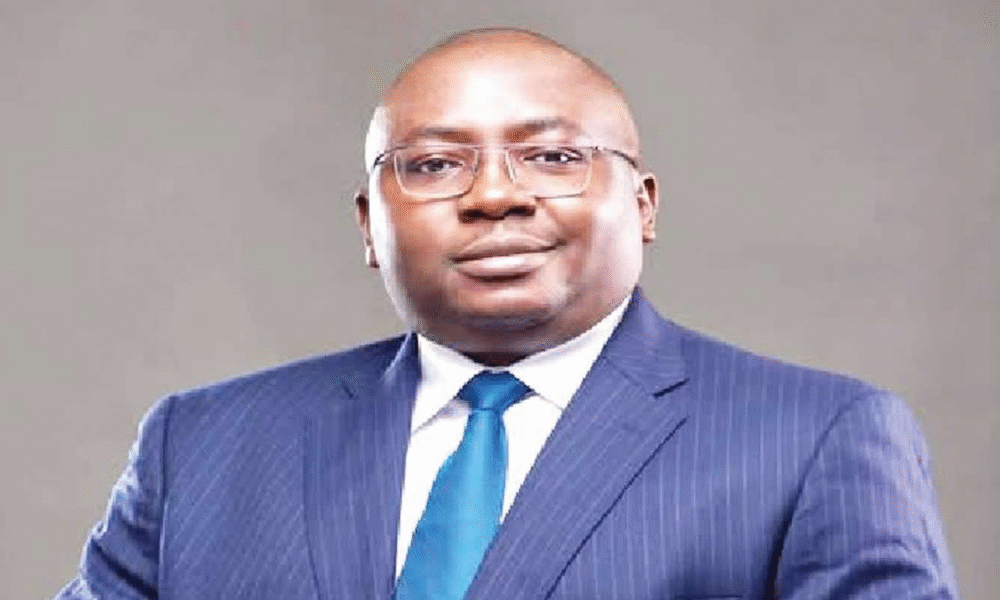Market Trends
IMF Warns: Nigeria’s 2025 Budget Could Derail Without Urgent Adjustments

The International Monetary Fund (IMF) has raised serious concerns about Nigeria’s 2025 budget, warning that the country may face deeper financial problems if urgent changes aren’t made. In its latest report released on Wednesday, the IMF said Nigeria’s budget is at risk due to falling oil prices, lower production, and challenges in carrying out capital projects.
According to the IMF, Nigeria’s projected deficit could rise to 4.7% of its GDP in 2025—much higher than what was planned. The report explained that the budget was based on overly hopeful expectations for oil income, which are no longer realistic given the current global oil market.
The IMF stressed that savings from fuel subsidy removal—expected to be about 2% of GDP—must be properly used. If these savings don’t start reflecting in government revenue from mid-2025, and since tax reforms won’t bring in much money soon, the government would need to reduce its spending. The IMF advised cutting back on regular (recurrent) expenses in order to protect money meant for investments and development.
The report also raised doubts about Nigeria’s ability to carry out its ambitious capital projects, pointing to past challenges in delivering large infrastructure plans. It warned that the government may struggle to meet its goals unless it adjusts its spending to match its actual capacity.
The IMF recommended that Nigeria adopt a “neutral fiscal stance” in 2025. This means not spending too much or cutting too deeply, but staying balanced to keep the economy stable while still supporting growth.
Another major concern was Nigeria’s heavy reliance on oil revenue. The IMF urged the government to broaden its tax base and push forward with reforms like improving VAT and company taxes. However, it noted that these changes will take time to make a real impact.
Read Also:
- AfDB President Slams IMF Over Unequal SDR Allocation to Africa
- World Bank, IMF Advocate for Coordinated Inflation Control in Nigeria
- $1tn undisclosed debt poses threat to low-income nations – IMF
Despite the warning, Nigerian officials say they are committed to adjusting the 2025 budget and improving oil production and revenue collection. The IMF acknowledged this and added that the government must also manage its rising debt carefully. Nigeria’s public debt grew to 53% of GDP in 2024, up from 49% in 2023, mostly because of budget deficits and the falling value of the naira.
The IMF suggested that Nigeria consider alternative ways to fund its needs—such as public-private partnerships—while being careful not to take on more debt than it can handle. It also recommended that the government focus on capital projects that will drive long-term growth, job creation, and poverty reduction.
While the IMF pointed out many challenges, it also praised Nigeria’s recent reforms. It noted that inflation had dropped from 31% in 2024 to 23.7% in April 2025, thanks to tighter monetary policies. It also highlighted improvements in the foreign exchange market, the banking system, and revenue collection.
Responding to the report, Finance Minister Wale Edun said the government is already working to protect Nigeria’s economy. He stressed that the 2025 budget is being implemented with care, focusing on stability and growth. He also assured that the government is monitoring global developments and will take necessary actions to prevent risks.
Meanwhile, the World Bank has also raised concerns about Nigeria’s 2025 budget, calling it overly ambitious. It warned that if revenue targets are not met, the government might have to borrow from the Central Bank, which could create more problems.
The warning came as the World Bank launched its *Nigeria Development Update* report in Abuja. Nigeria’s 2025 budget, signed by President Bola Tinubu, is the biggest in the country’s history at ₦54.99 trillion. It includes spending for salaries, capital projects, debt repayment, and transfers, with a deficit of ₦13.08 trillion to be covered by borrowing.
The budget assumes oil prices at \$75 per barrel, daily production of 2.06 million barrels, an exchange rate of ₦1,400 per dollar, and 15% inflation.
At the launch event, World Bank economist Alex Sienaert said the targets may be too hard to achieve, even with the recent rise in revenue. But Nigeria’s Minister of Budget and Economic Planning, Senator Abubakar Bagudu, disagreed. He insisted that the budget is not overly optimistic, but rather modest and achievable. According to him, budgets should aim high and not be limited by current problems.
In conclusion, while Nigeria has made progress in key areas, both the IMF and World Bank believe the government needs to be realistic about its revenue and spending, make careful adjustments, and continue with reforms to build a more stable and prosperous economy.



